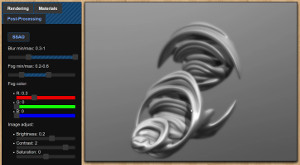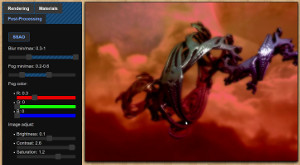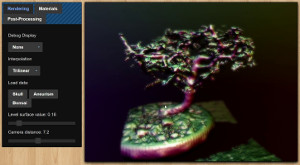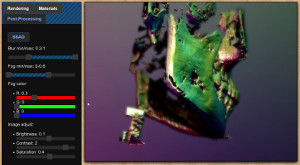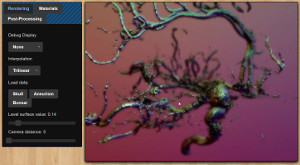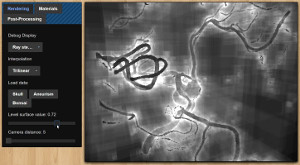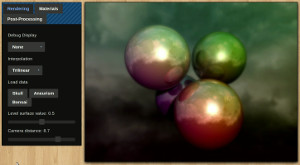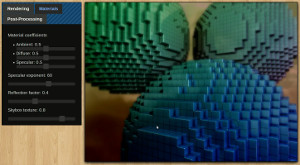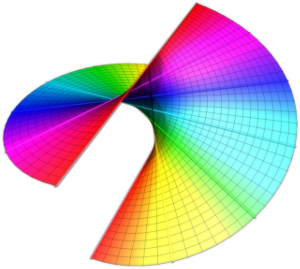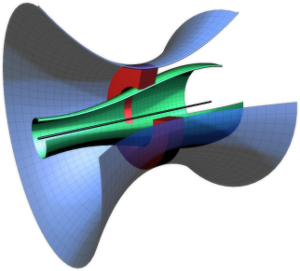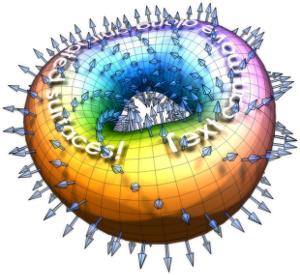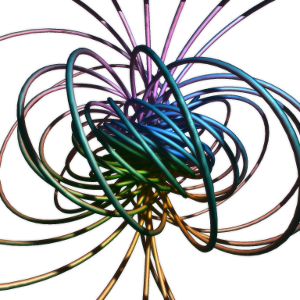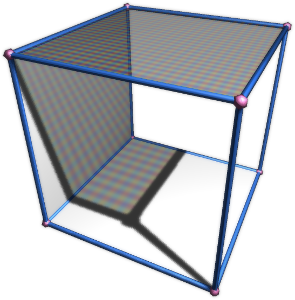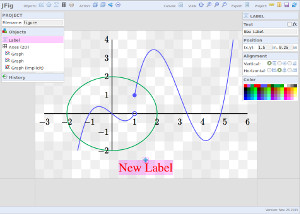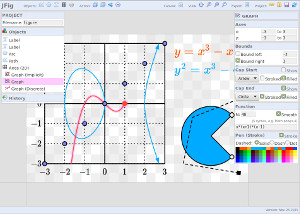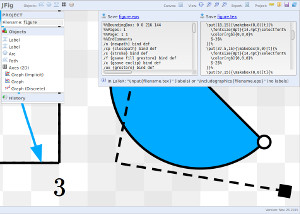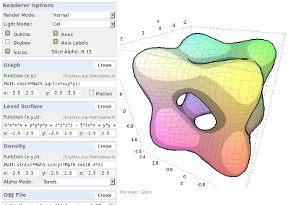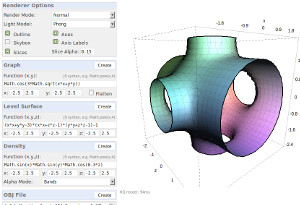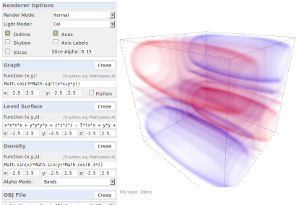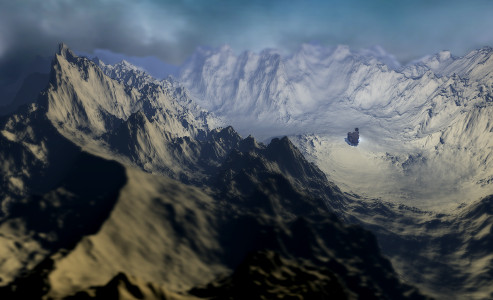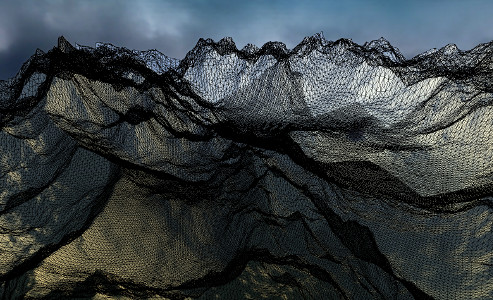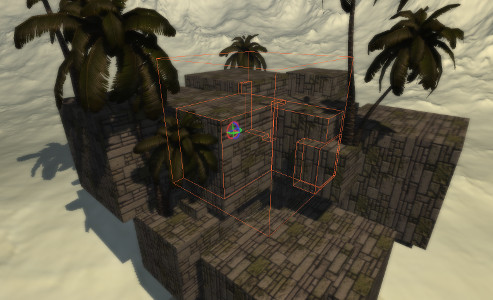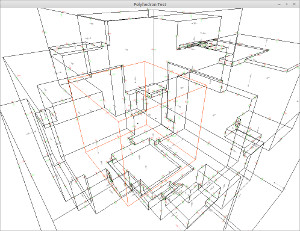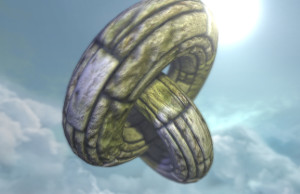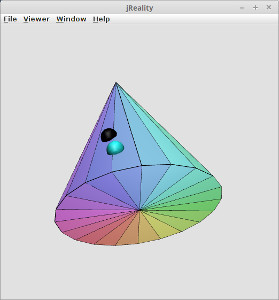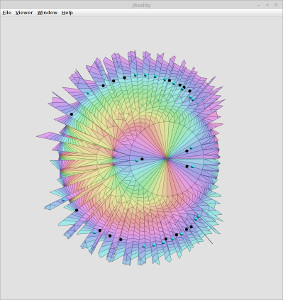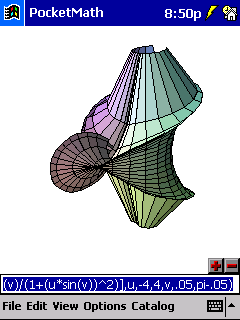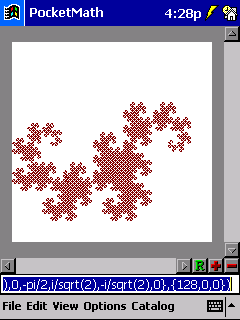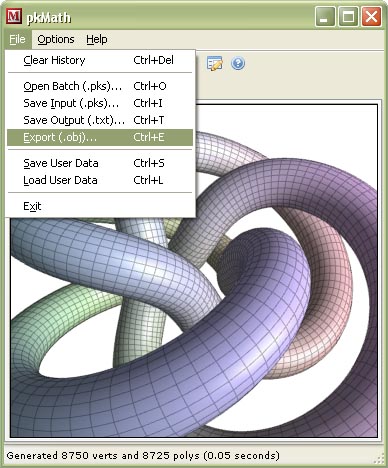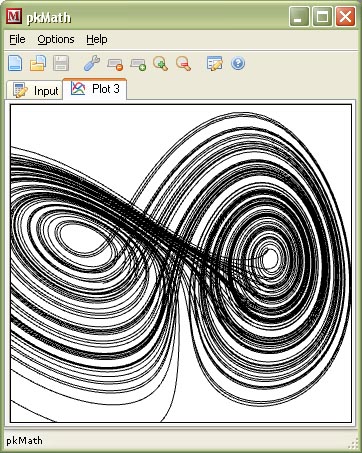
I was a Visiting Assistant Professor at Drake University from Fall 2014 to Spring 2016. I received my Ph.D. in mathematics from the University of Arizona in 2014 under the supervision of Yi Hu. My thesis is titled "Desingularizing the Boundary of the Moduli Space of Genus One Stable Quotients".
Sorry this website is *way* out of date. I'll update it eventually! Feel free to send me an email at tdmweb@imap.cc.
Teaching
| Course Number | Course Name | Semester(s) |
|---|---|---|
| University of Arizona (Instructor) | ||
| Math 112 | College Algebra | Spring 2009, Fall 2009 |
| Math 125 | Calculus I (Honors) | Fall 2010 |
| Math 223 | Vector Calculus (Honors) | Fall 2012 |
| Math 223 | Vector Calculus | Fall 2013 |
| Math 263 | Introduction to Statistics and Biostatistics | Spring 2014 |
| University of Arizona (TA) | ||
| Math 323 | Formal Mathematical Reasoning and Writing | Spring 2010 |
| Math 534A/534B | Geometry-Topology | Fall 2010-Spring 2013 |
| Drake University | ||
| Math 20 | College Algebra | Fall 2014 |
| Math 28 | Business Calculus | Fall 2014 (x2), Spring 2015, Fall 2015 |
| Math 70 | Calculus II | Spring 2015 (x2), Fall 2015 (x2) |
| Math 100 | Calculus III | Spring 2016 (x2) |
| Math/CS 165 | Introduction to Numerical Analysis | Spring 2016 |
Math
Research and publications
Desingularizing the Boundary of the Moduli Space of Genus One Stable Quotients (Doctoral dissertation)
Angular Coordinates and Rational Maps (with Michael Q. Rieck), Journal for Geometry and Graphics 20 (2016), No. 1, 041--062
Triangle Constructions Based on Angular Coordinates (with Michael Q. Rieck), in progress
Slides
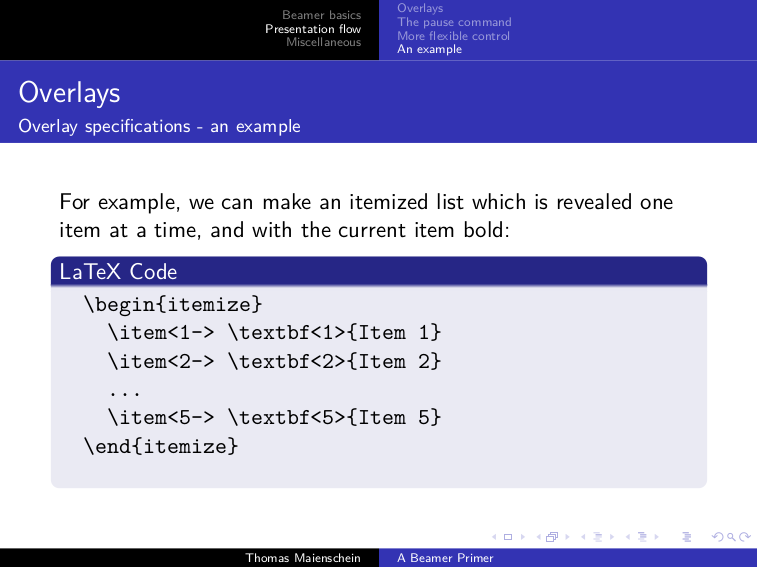
Visualizing piecewise-flat manifolds
A talk explaining some of the theory behind the ASP 2010 REU project (see below).
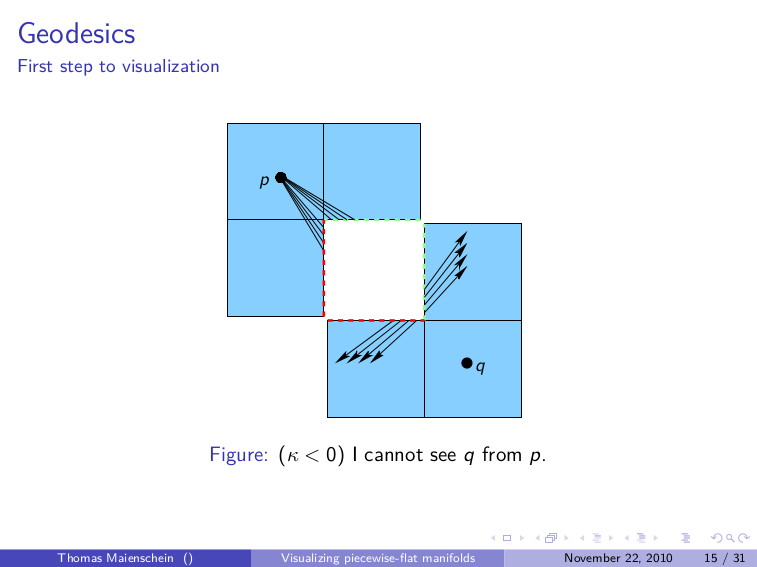
Curvature forms and characteristic classes
Explains a bit about characteristic classes, classifying spaces, and Chern-Gauss-Bonnet.
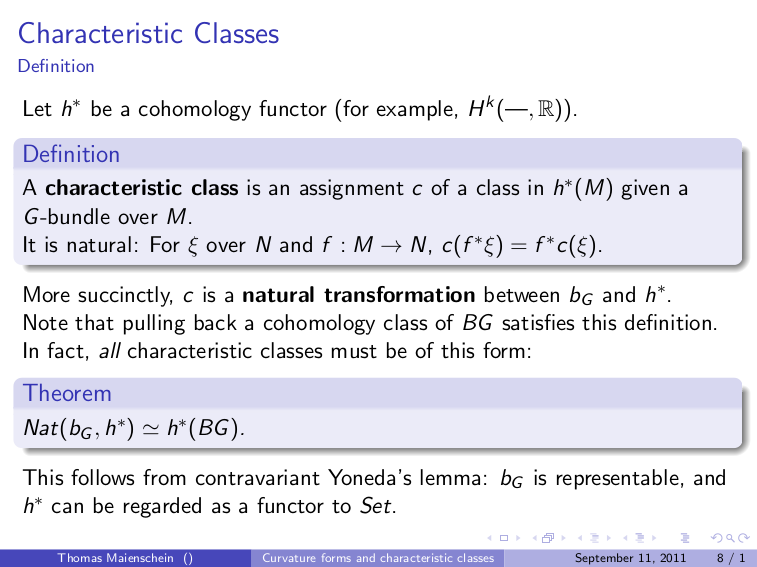
Clifford algebras, division algebras, and vector fields on spheres
The title covers it.
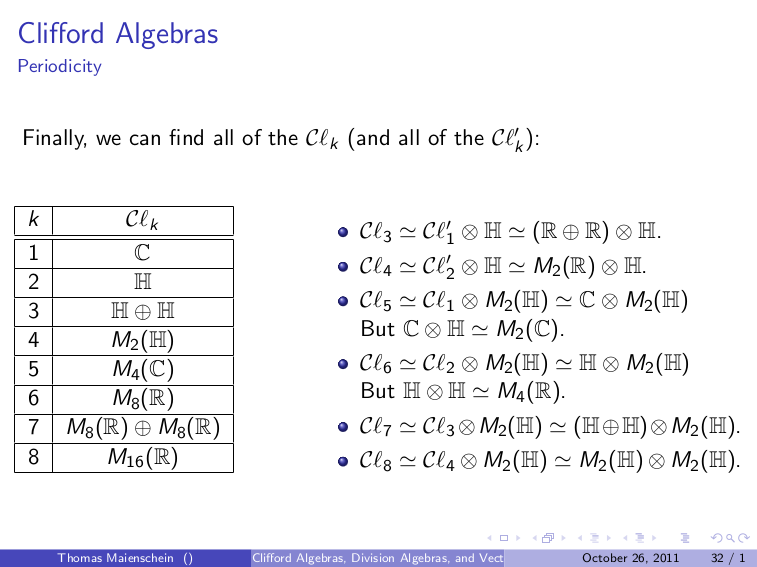
Moduli spaces and enumerative geometry
A talk about my dissertation targeted to the non-specialist.

Desingularizing the boundary of the moduli space of genus one stable quotients
A technical talk about my dissertation.
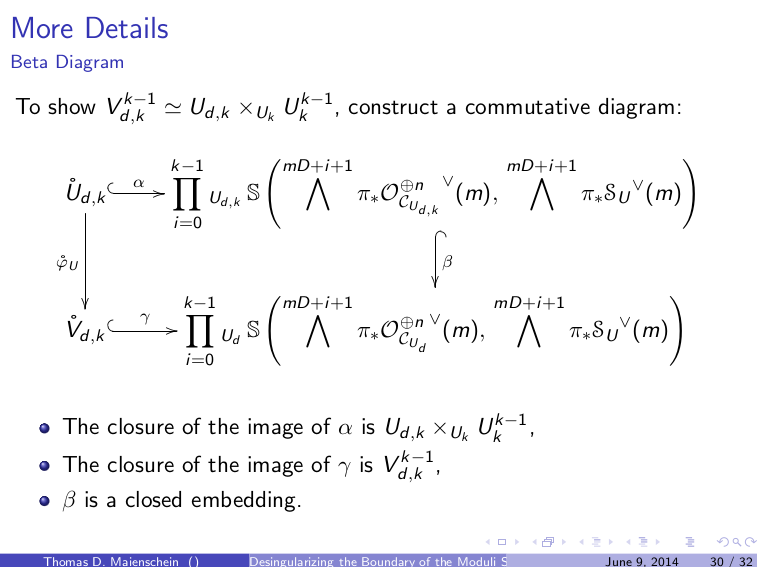
Software
WebGL volumetric data viewer Live version - Source
A little experiment that essentially raytraces a level set given a 3D texture (the slices of which are arranged in a grid on a 2D texture). Data can either be loaded from a resource or it can be generated and animated on the fly. Trilinear interpolation is optionally used to smooth the surface, and an octree is dynamically generated to speed up the raytracing. All of the data is stored in textures and all of the work is done by fragment shaders.
The original volumetric data can be obtained here. The Julia sets are computed according to a distance estimator described here.
JS interactive figure library Live version - JSDoc - Source
A JavaScript library that is designed to make it easy to create and distribute interactive mathematical demonstrations. It will dynamically generate and update geometry for things like vector fields and parametric curves and surfaces; these objects can be arranged in a scene graph and then displayed/animated using WebGL.
JFig Live version - Source
A vector graphics editor written in JavaScript which outputs EPS/LaTeX. The purpose is to make it very quick and easy to put together a simple mathematical figure that will look exactly as intended in a PDF. Figures can be saved and loaded for later editing. I haven't written any instructions yet, but I think it should be pretty easy to use.
JS graphing utility Live version - Source
This started as an experiment in manipulating canvas ImageData, and turned into a simple little graphing utility.
Java 3D library Live version - Source
The purpose of this project was to have a common code base to work from that could run on the desktop, Android devices, or as JS in a web browser (using Google Web Toolkit). It features basic rigid body dynamics, constructive solid geometry, post-processing filters, dynaming lighting and shadows, translucency, parallax mapping, etc.
Arizona summer program 2010
I was a graduate student mentor for an REU at the University of Arizona in 2010. Our group used Java and jReality to visualize non-Euclidean geometry by plotting the exponential map at the viewer's position--in other words, if you live on the surface of a polyhedron and lines of sight follow along geodesics, what would you see? We also managed to get it to work in a CAVE (which you can read more about here).
More about the ASP 2010 REU can be found here.
PocketMath/pkMath Download for Windows
An old project started in 2003 or so. This is general-purpose math software written in C for the PocketPC (iPhone, Android, etc. did not exist yet), and later ported to Windows. It was sold online from about 2006-2008, but has since been retired. I haven't tried it on modern versions of Windows, but it does seem to work on Wine (with a few issues).
